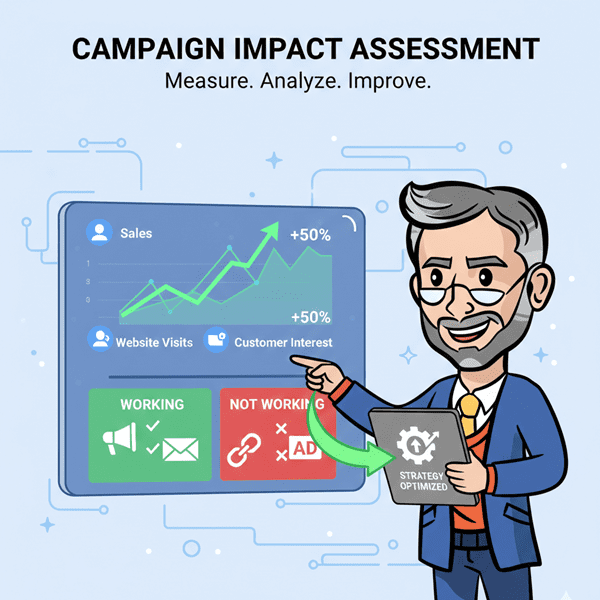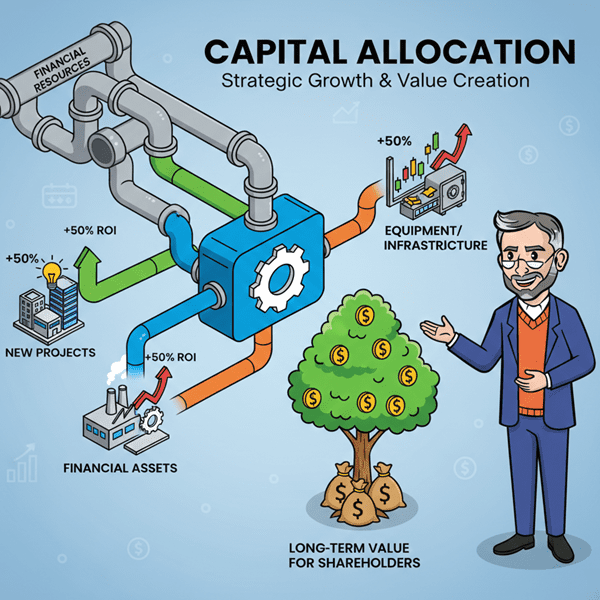Definition: Conversion rate benchmarking is the process of measuring your business’s conversion rates—such as sign-ups, purchases, or downloads—against industry standards or competitor performance. By comparing your results to reliable benchmarks, you can evaluate how well your marketing and sales funnels are performing and identify areas for improvement.
Use it in a Sentence: The e-commerce team used conversion rate benchmarking to discover their checkout completion rate was below industry standards, prompting optimizations that increased sales.
Why Conversion Rate Benchmarking Matters
Conversion rate benchmarking is essential for businesses aiming to understand how their performance stacks up against industry standards. By comparing conversion rates to those of competitors or industry averages, marketers can identify gaps, set realistic goals, and improve overall campaign effectiveness.

For startups, where growth is often fast-paced and resources are limited, conversion rate benchmarking provides clarity. It helps pinpoint what’s working, what’s not, and where to focus optimization efforts for the best return.
Benefits of Conversion Rate Benchmarking
Performance Comparison: Benchmarking helps businesses assess how their conversion rates measure up to competitors, allowing for more informed strategic planning.
- Goal Setting: Understanding industry norms provides a foundation for setting achievable and data-backed performance targets.
- Optimization Opportunities: Spotting below-average metrics allows marketers to refine messaging, landing pages, or calls-to-action for better results.
- Stronger Campaigns: When conversion rate benchmarking is part of a larger feedback loop, it leads to more focused improvements and smarter testing strategies.
- Data-Driven Clarity for Startups: For early-stage businesses, these insights can shape marketing efforts and prevent wasted spend in the crucial first phases of growth.
Key Components of Effective Conversion Rate Benchmarking
- Identify Relevant Metrics: Look at conversion rates across key customer touchpoints, such as email signups, product purchases, or lead form submissions.
- Segment Your Data: Break down performance by audience type, traffic source, or campaign to get a clearer picture of where gains can be made.
- Keep CRM Hygiene in Check: Clean, up-to-date CRM data ensures the benchmarks are accurate and reflect true conversion behavior. Poor CRM hygiene can distort results and lead to misguided strategy adjustments.
- Use Industry-Specific Benchmarks: Compare against peers in your niche to ensure insights are meaningful. Benchmarks vary widely by industry and business model.
- Regular Reviews: Conversion rate benchmarking isn’t a one-time task—it should be revisited regularly to track progress, especially after launching new campaigns or making major changes.
More Definitions
- Funnel Mapping Definition – The process of visualizing and optimizing the customer journey through different stages of a sales funnel.
- Lead Segmentation Definition – Categorizing leads based on behaviors, demographics, or engagement levels to improve marketing strategies.
- Customer Retargeting: A marketing strategy that involves showing ads to people who have previously interacted with your website, app, or content to bring them back and encourage conversion.
- Competitve Research: The process of analyzing your competitors’ strategies, products, and performance to identify opportunities, threats, and ways to improve your own marketing efforts.
- Landing Page Optimization: Enhancing a landing page to maximise conversions and user experience.
- Conversion Rate Testing: Experimenting with different elements of a webpage or campaign to see which version drives more conversions.
- Customer Insights: Actionable understanding of customer behaviours, preferences, and motivations derived from data and feedback.
- Competitive Marketing Research: The process of analysing competitors’ strategies to identify opportunities and threats.























